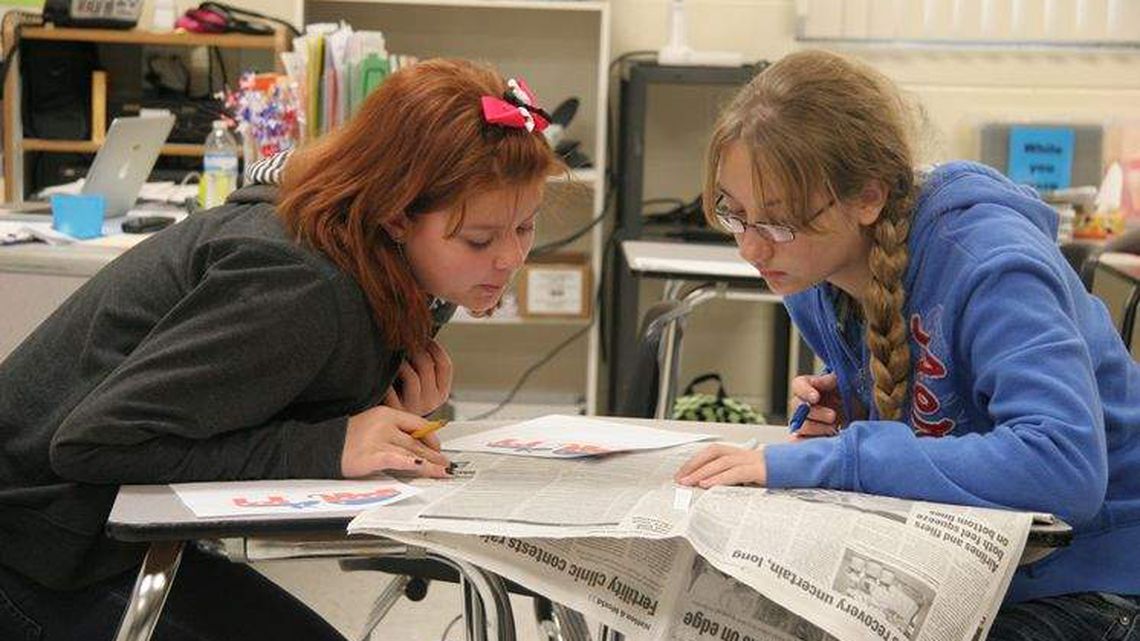How should Florida teach civics? You’re invited to chime in.
Tampa Bay Times | by Jeffrey S. Solochek | June 1, 2021
Gov. Ron DeSantis has spoken since before his election about putting civics education “back” into the public schools. Three weeks into his term in 2019, he issued an executive order seeking to “raise the bar” on civic literacy, getting support from lawmakers who called for updated academic standards in 2020.
In the aftermath of the nation’s contentious election season, the state Department of Education has published a draft of new revisions that has generated questions about some of its potentially divisive content. After a round of editing, the public is getting another turn to chime in.
The first public forum is scheduled for 6 p.m. today in Miami.
A big reason the United States offers public education is because of concerns raised in the 1800s that children didn’t fully grasp the notion of what a democratic republic meant. Leaders said the nation needed a way to develop citizens and create a sense of cohesion.
Fast forward more than a century, and surveys in Florida and elsewhere suggested the lessons about the building blocks of the United States were not being learned. Kids knew more about American Idol judges than U.S. Supreme Court justices.
Florida soon became a “trendsetter” in promoting civic education, requiring it in middle school starting in 2010, with a connected test launched in 2012. Five years later, the state added a college and university component.
In 2019, before the pandemic disrupted state testing, 71 percent of the Florida middle school students who took the end-of-course civics exam passed it.
Still, the governor and Republican-led Legislature continued to press for more and different civics lessons.
They promoted ideas such as this year’s “portraits in patriotism” bill (HB 5), touting American exceptionalism and the blessings of liberty, while denouncing concepts they suggested teach people to hate the nation. Rep. Ardian Zika, a Pasco County Republican, said he sponsored HB 5 — which passed both legislative chambers unanimously — because he found America a place where your beginning does not have to determine your end.
An immigrant from Kosovo, Zika said he loves America and believes children can better learn its greatness from hearing the stories of immigrants and others who have benefited from all it has to offer.
Civics makes that possible, he said.
Some educators and others, though, have raised concerns that the state’s latest civics push goes beyond pride to partisanship.
They pointed to language in the proposed standards that advance certain religious ideas, such as the Ten Commandments being an influence on the nation. They also cited a passage referring to “disorderly assembly” as an example of “irresponsible citizenship” — an issue that gained attention recently as Florida lawmakers passed an “anti-riot” bill (HB 1) that faces legal challenge by civil rights organizations.
These ideas and some others don’t appear in the current standards. Some had been more far-reaching, such as a proposal to have students identify Judeo-Christian values in founding documents, but were scaled back in a May 28 rewrite.
Brad Weller, a civics teacher at Pinellas County’s Azalea Middle School, suggested the overall expansion of standards could make it more difficult for students to pass the high-stakes state exam that caps off the course.
Beyond that, Weller raised concerns about any proposals that appear to shift civics from analyzing government to promoting how the U.S. system is better than any other.
“There are some kids who don’t see our system as better from their own experiences,” Weller said. “They haven’t seen government working for them.”
It’s a question Florida residents can weigh in on.
The Department of Education is accepting public comment through June 10 on the standards — including a three-stop “listening tour” that begins today in Miami — before taking a final recommendation to the State Board on July 14.
The state also is reviewing proposals for new standards relating to Holocaust education and character education, which residents also can comment about.
Image: Gulf Middle School seventh graders pored over issues in a newspaper during civics class, focusing on an analysis of presidential election issues. The State Board of Education is considering revisions to Florida’s civics standards, with a vote scheduled for July 14, 2021. [ Times (2012) ]






